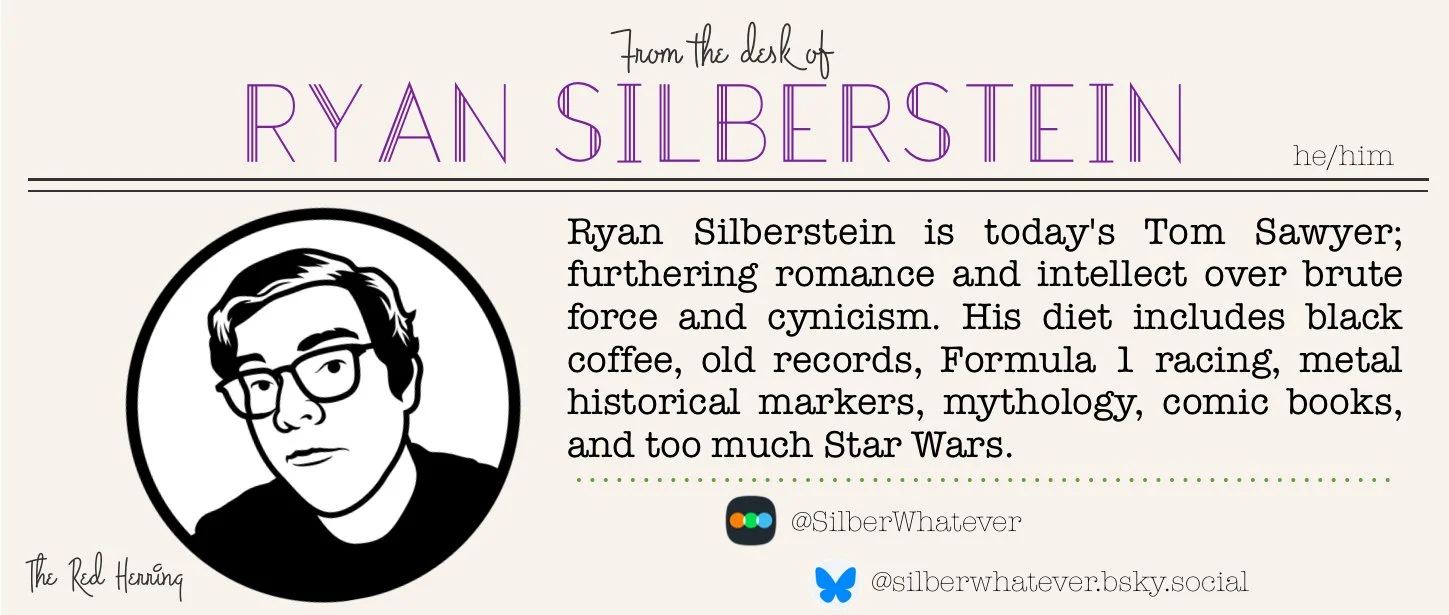SOMEWHERE IN MONTANA is so distracted by partisan differences it ignores its own characters
Somewhere in Montana
Written and Directed by Brandon Smith
Starring Graham McTavish, Matt Drago, Michelle Hurd, Kaleigh Macchio
Unrated
Runtime: 1 hour, 45 minutes
In theaters January 10
by Ryan Silberstein, Managing Editor
Movies are one of my favorite ways to travel. A film can take me somewhere on Earth I’ve never been or even heard of previously–or somewhere outside our reality entirely. One way I like to travel by film is also to revisit places I’ve been previously and loved. In Bruges (2008) is one I love watching even more after visiting the real life location, and I will watch Before Sunset (2004) or Midnight in Paris (2011) when I am feeling nostalgic for the City of Lights. So when Somewhere in Montana came through, I jumped at the chance to spend some more time in a state I loved visiting a little over 5 years ago. As a lifelong East Coaster, there is something magical and almost unreal about the American West. It has informed my love of the genre and reinforced how awe-inspiring the landscapes of this continent can be. I know that watching a movie about a place is about as authentic as a walk through EPCOT, but that psychological connection still exists.
Somewhere in Montana sees John (Graham McTavis) a ranch owner who is ‘land rich but cash poor’ rent his land out to the production of a Hollywood movie on the encouragement of his daughter (Kaleigh Macchio). Once director Fabain (Matt Drago) arrives, however, John finds himself resentful of the production, and the two butt heads over the course of the story like stubborn bulls. This is a good premise for any number of genres, from western to romantic comedy. Writer-director Brandon Smith has chosen to tell this story in the melodramatic mode, but some particular choices hamper the film’s effectiveness.
There is nothing intrinsically bad about having a story where two characters from different worldviews learn something from each other. However, rather than focus on the culture clash elements intrinsic to those geographical backgrounds, as in My Cousin Vinny (1992), Witness (1985), Minari (2020), Local Hero (1983), or Hot Fuzz (2005), Smith has gone all in on the political divide in America currently. This gives the film an overall focus of “Trump and Harris voters can both learn something from the other,” which is an easy message to deliver when you have created the characters involved whole cloth. While Fabian comes across as a generic, somewhat “out of touch” Coastal Elite, John is basically the most palatable version of a Trump voter. His deceased wife is Mexican, so deportation is not one of his hot buttons, and, while clearly uncomfortable with queer people, it seems rooted in a lack of familiarity rather than being radicalized by Fox News or other right wing media outlets. There are plenty of other differences between urban coastals and rural dwellers, but the film reduces it to a mere disagreement about political parties and religious affiliation, rather than an honest exploration of actual bigotry or a look at how different lifestyles shape these disagreements. This is a flavor of “making up a guy to get mad at” but creating a “one good Republican” as an example of how progressives are dismissive but ignoring the suffering and willful ignorance of those on the right. It is a real shame, because that core of the film hollows out an otherwise solid indie drama.
John as a grieving widower with an adult daughter in a small rural community is a vital and well-thought out character, and Fabian’s struggles to complete the movie after some unexpected events could be genuinely moving. There’s a rich ground for storytelling that is ignored in the name of “what if blue staters just listened to red staters for once?” McTavish and Macchio both turn in great performances and manage to elevate their characters above the reductive focus of the story. If the focus had remained on the characters in the story, it would have actually made its point through subtext rather than boring, direct conversations.
Support MovieJawn Staff
〰️
Support MovieJawn Staff 〰️
With the death of so much print media and meaningful journalism, it is important now more than ever to support the writers and outlets you love.
If you enjoyed this article, show your support by donating to our writer. All proceeds go directly to the writer. Recommended donation is $5.




